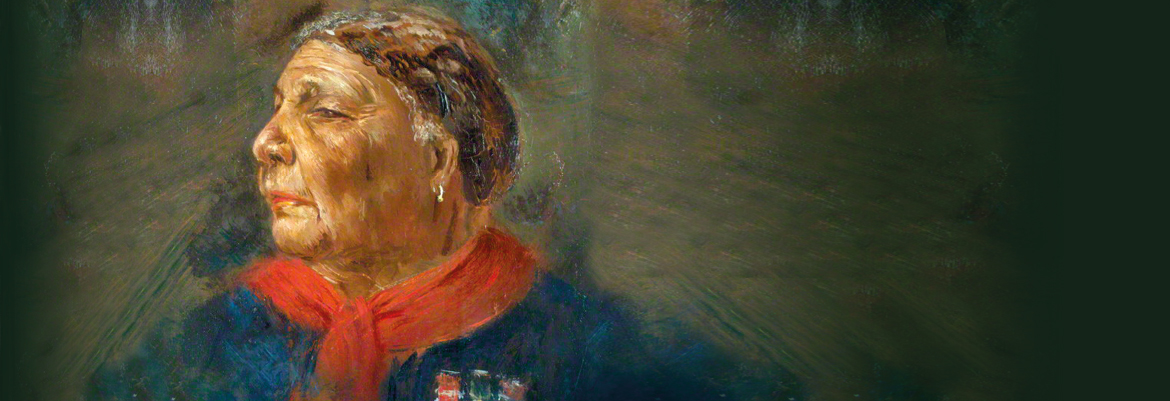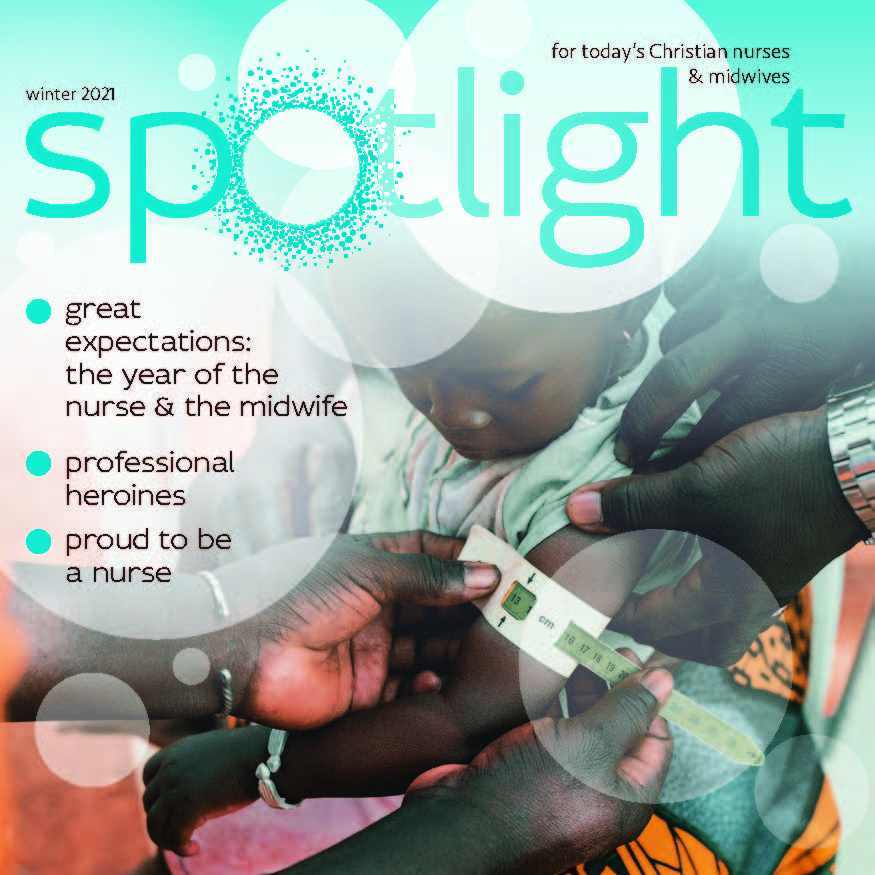Born in 1805 to James Grant, a white British army officer, and 'The Doctress' Mrs Grant, a black Jamaican healer, Mary was raised amidst the British slave trade in Jamaica. Although a free person, Mary and her mother had few civil rights. Nevertheless, her mother was respected in the community as a traditional healer who ran Blundell Hall, a popular boarding house in Kingston. In an amalgamated role of general practitioner, nurse, and herbalist, Mrs Grant taught Mary traditional folk medicine, good hygiene, and her practical knowledge of tropical diseases. She may have also passed on a certain drive, compassion, and business acumen to her daughter. Mary was curious about medicine from childhood. At the tender age of twelve, Mary helped her mother run the hotel and care for the sick or injured soldiers who recuperated there. She travelled multiple times to England as a teenager, learning about modern European medicine while experiencing and defending herself against racism and derision. Over the next few years, Mary's wanderlust and taste for adventure took her to many countries, before returning to Jamaica to nurse her sick patroness.
As a young woman, she married Edwin Seacole. Her husband was sickly, and Mary nursed him until his death in 1844, which was quickly followed by her mother's. Her grief devastated her, but Mary threw herself into her work. She was an active entrepreneur and nurse, treating patients of cholera and yellow fever epidemics in Jamaica, Cuba, and Panama.
While running business ventures like a restaurant, she nursed the poor for free. This selfless exposure to disease led her to contract and then recover from cholera. Mary's skills were recognised, and she was requested to supervise nursing at the British Army headquarters in Kingston. She created the New Blundell Hall to function as both hospital and soldiers' mess.
With the outbreak of the Crimean War, with soldiers suffering a lack of sufficient medical facilities, Mary asked the British War Office to send her as an army nurse but was rejected. Undeterred, she funded her own passage to Crimea and set up shop by the frontlines. At her own expense, she ran the British Hotel, a restaurant and refuge for the soldiers built from scrap metal and debris.
From baking pastries to administering medicine, Mary did everything she could to bring comfort to those suffering. She loved bright contrasting colours, and conspicuously rode on horseback into the battlefield, nursing wounded men from both sides of the war. In all weather, Mary put herself in the frontlines of the war to help those in need, not only medically but also bolstering morale.
After the war, Mary returned to Britain in poverty and ill health. Her care and hard work did not go unrecognised, however - she was celebrated and loved by many. In 1857, over 80,000 people showed their support for Mother Seacole by attending a fundraising gala for her. Mary then became a best-selling author with the release of her lively autobiography.
Yet, unlike her white peer Florence Nightingale, Mary Seacole's lifelong nursing efforts were not memorialised in education and were, until recently, largely forgotten.
Mary faced discrimination and rejection as a woman of colour, but her indefatigable kindness and perseverance drove her on. In war and epidemic, Mary offered hope to her patients. She may offer us the same today. She is an example of how we impact others' lives and what can be achieved by a compassionate person determined to shape her own destiny.
Annie Peppiatt is freelance editor who has a special interest in promoting underrepresented voices
































